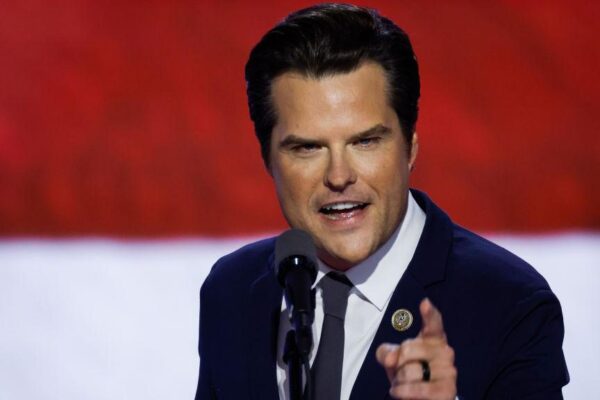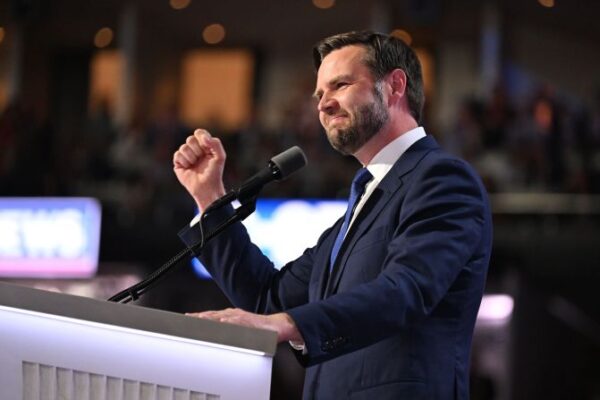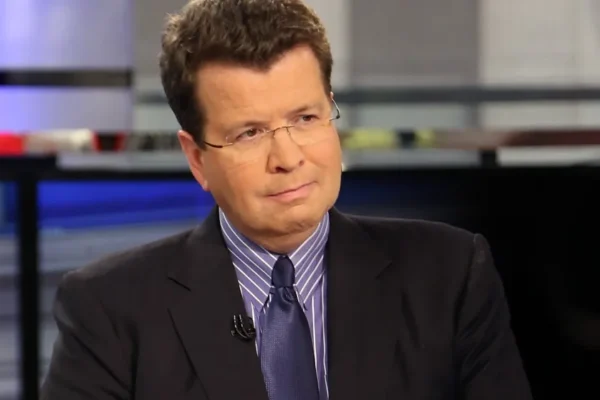
Is Matt Gaetz Still in Congress? Why He Resigned
Matt Gaetz is not still in Congress, and he remains absent from political activity despite rumors of a return. Matt Gaetz, the Republican politician from Florida, is no longer serving in the United States Congress as of 2025. Gaetz represented Florida’s 1st Congressional District from 2017 until his resignation in late 2024. His departure marked…








